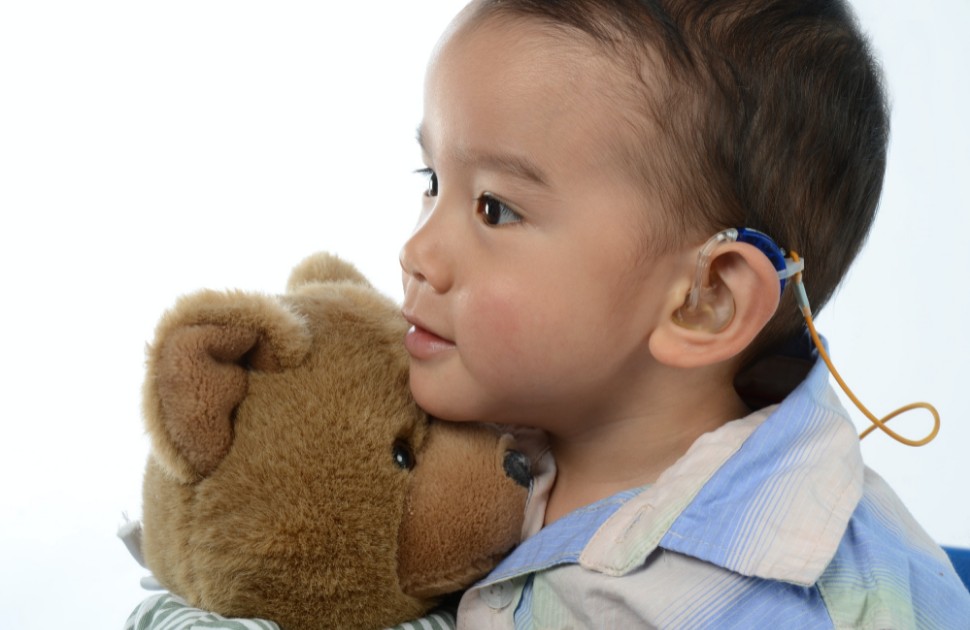After surgery
These sections will help prepare you for your upcoming surgery and answer many questions you may have:
- Getting ready for surgery
- One day before surgery
- Day of your surgery
- After surgery
- Information for youth
| Post Anesthetic Care Unit (PACU) (recovery room) |
| Your child or youth will go to the PACU to fully wake up after surgery. Each patient reacts differently after anesthesia. Some sleep for a long time, while others are restless and cry as they wake up. Your child or youth will stay in the PACU until they are awake, comfortable and stable. This usually takes 30 to 45 minutes, but it sometimes takes longer. We may be able to bring you into the PACU to see your child or youth. Only one parent or family member can visit in the PACU at a time.
Your child or youth may have:
A PACU nurse will stay with your child or youth for the entire recovery period, to make sure they are safe and comfortable. It is normal to have some pain after surgery. Each child or youth feels pain differently.
PACU nurses will:
Please speak with the nurse if you feel your child or youth is in pain. You can help your child or youth in the PACU by:
You can help comfort your child by speaking in a quiet, soothing voice, holding their hand or touching them gently, holding or rocking them in your arms (check with the nurses first), letting your child suck on a pacifier, if this is comforting.
Please remember:
|
| Back to the Surgical Day Unit |
| After waking up from the anesthetic, your child or youth will go back to the Surgical Day Unit to rest, unless they are being admitted. You’ll stay at their bedside until the nurses tell you they are ready to go home. We will encourage most children and youth to have something to drink before going home, and we’ll offer popsicles, apple juice and water. How long your child or youth stays in the Surgical Day Unit after surgery depends on the kind of surgery they had and how they feel. CHEO’s policy does not allow children and youth who have had implants removed (for example, central lines or screws) to take these items home. |
| If your child or youth is staying overnight at CHEO |
| They will go to their hospital room from the PACU. One parent or caregiver can stay overnight — we have bed chairs to sleep in — and we’ll give you sheets, blankets and a pillow. |
| Visiting guidelines |
| Parents, caregivers, brothers and sisters can visit anytime (with no more than 2 visitors at one time). Let the charge nurse or patient service clerk know the names of your immediate family.
During viral season (November to March), only parents and caregivers may visit patients in hospital. Anyone under 14 years of age is not permitted to visit. Signs are posted throughout the hospital during this time. |
| Going home |
| If your child has had day surgery, the nurse will tell you when it’s OK to go home. Your surgeon or nurse will go over any instructions, prescriptions and follow up appointments with you before you leave. If you don’t have a car, try to ask someone you know to drive you home, or plan to take a taxi. Keep a towel or small pail in the car, as some children throw up in the car on the way home. Youth are not allowed to drive for 24 hours after having an anesthetic. Make sure you or another responsible adult stays with your child or youth for 24 hours after the surgery. It is important to watch for any problems that could happen after surgery. Don’t plan any activities for the rest of the day; let your child or youth rest. |
 Looking for translation?
Looking for translation?
Did you know: our care resources can be translated into over 100 languages using Google Translate! Click the Translate button on the top right corner of your screen and select your preferred language to get started.
Disclaimer
This resource is for educational purposes only, and was originally written in English and translated to French. Translation to any other languages is automatically provided through Google Translate, and not official. There may be subtle differences or inaccuracies. If you have any questions about medical matters including your care and treatment, please reach out to your health-care team.
 Need more information?
Need more information?
Visit our online resource section to learn about a variety of health topics for children and youth and access CHEO recommended websites, books, apps, videos and more!
Resources and support





